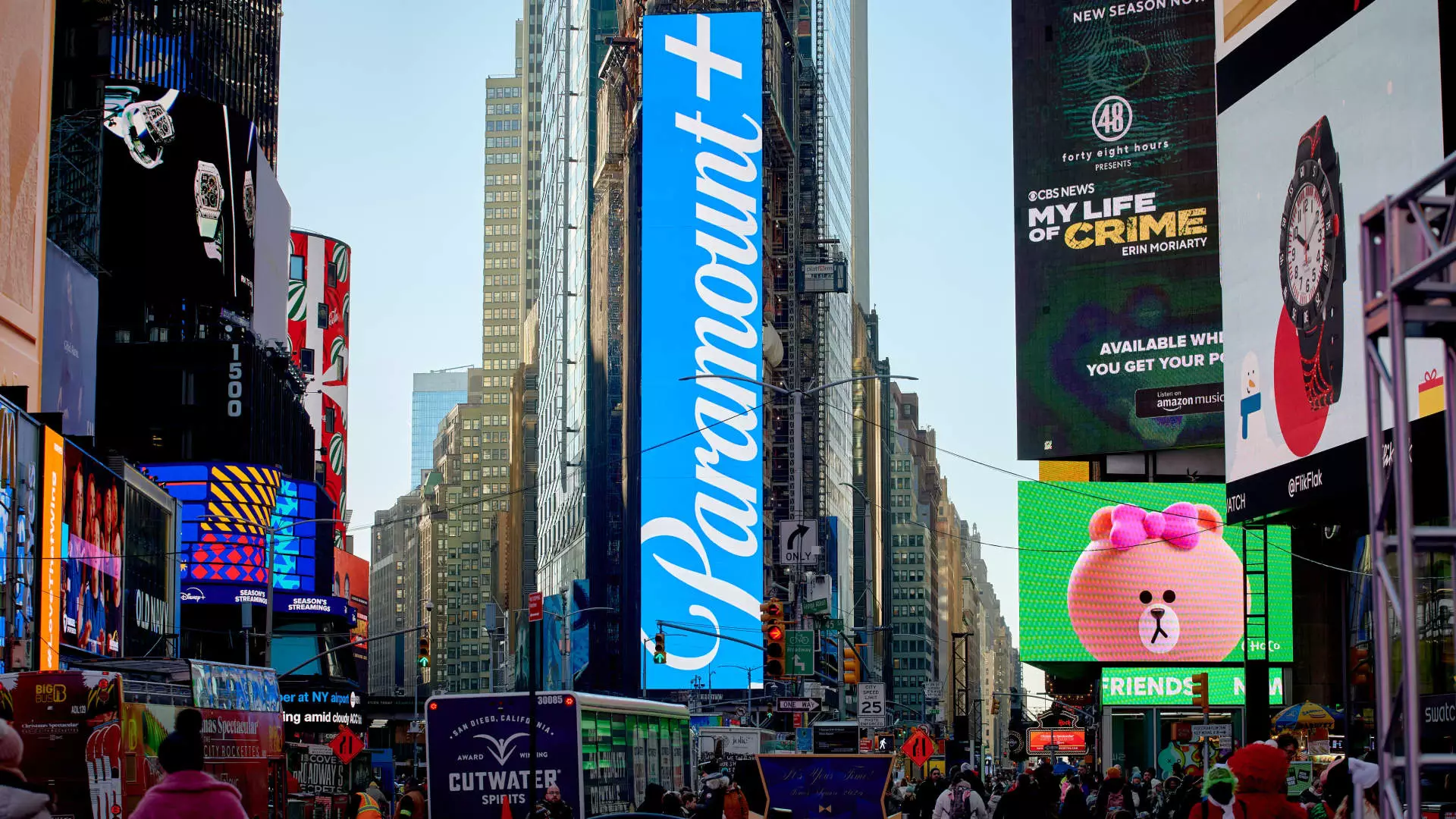In an era where media giants are keen to outflank each other through aggressive acquisitions, David Ellison’s latest plans to potentially acquire Warner Bros. Discovery exemplify a dangerous obsession with dominance. At face value, this move appears to be a strategic masterstroke—an attempt to consolidate a vast array of content assets and streaming power under one umbrella. Yet, underneath this veneer of ambition lurks a perilous gamble that could easily backfire, destabilizing the very fabric of creative independence and market equilibrium. The allure of constructing a media behemoth is seductive, but it often comes at the cost of diversity, innovation, and balance. This push for consolidation raises fundamental questions: Is this truly a sustainable path to success or a reckless overreach driven by hubris?
The False Promise of Infinite Synergy
Proponents argue that merging assets like Warner Bros.’ legendary franchises—Harry Potter, Lord of the Rings, DC superheroes—with Paramount’s franchises such as Star Trek and Transformers facilitates a synergy that could dominate global entertainment. Yet, this perspective distorts the organic nature of cultural relevance. Combining these assets theoretically creates a content powerhouse, but it risks diluting individual brand identities and undermining the distinctiveness that fans cherish. Moreover, the assumption that size equates to market power is fundamentally flawed. The modern media landscape is increasingly fragmented, with audiences reasserting their preferences for niche, authentic content over monolithic conglomerates. Larger scale does not necessarily translate into greater influence if it is built on overextended resources and an inability to adapt swiftly to changing viewer demands.
The Overconfidence in Market Domination
Ellison’s aggressive pursuit reflects a broader liberal-leaning belief in the power of economic consolidation as a tool for social and cultural influence. However, this perspective dangerously underestimates the complexities of global markets and the risks rooted in monopolistic tendencies. The surge of Warner Bros. Discovery’s stock—nearly 30% in one day—exemplifies Wall Street’s speculative enthusiasm fueled by hype rather than substance. Such rallies are often short-lived, especially when driven by aspirations of monopolizing lucrative content and sports rights. The assumption that size will automatically translate into influence neglects the reality that consumers are increasingly savvy and willing to withhold their support from conglomerates they perceive as too controlling or out of touch with their values.
The Strategic and Ethical Quandaries of Media Monopolies
Beyond market risks, this consolidation trend raises profound ethical questions. The media landscape influences societal narratives, cultural diversity, and political discourse. A concentrated media power risks homogenizing content and marginalizing dissenting voices, which is antithetical to liberal values that emphasize pluralism and free expression. Ellison’s ambitions, cloaked in the language of growth and innovation, threaten to create a small clique of media giants that can sway public opinion and political agendas with little accountability. In the process, creative risks might be sacrificed for safety and familiarity, leading to a stagnation of bold, innovative storytelling that once distinguished Hollywood and media industries from other forms of entertainment.
The Illusion of Sustainability in a Race Toward Greater Control
While the appeal of owning major franchises and sports rights is undeniable—offering recurring revenue and content dominance—the sustainability of such massive holdings is dubious. Diversification in entertainment markets has historically proved more resilient than sheer scale. Overextension can lead to financial over-leverage, operational inefficiencies, and internal conflicts that stifle the very creativity these corporations claim to aim for. The danger lies in the assumption that bigger is automatically better, overlooking the nuanced realities of consumer behavior, technological change, and regulatory environments. A media empire built on relentless acquisitions risks a brittle foundation; it is a fragile construct susceptible to market corrections, regulatory crackdowns, and shifts in public sentiment.
The Underlying Danger: Creativity and Market Integrity at Stake
Ultimately, the pursuit of media empires driven by executives like Ellison reveals a deep-seated concern: the potential erosion of creative integrity. When power is concentrated in the hands of a few, the diversity and richness of global storytelling are often compromised. New voices and innovative ideas can be stifled by the need to protect existing franchises or satisfy shareholder demands. Moreover, this consolidation intensifies existing inequalities, favoring corporate interests over consumer choice and cultural plurality. It is not merely about securing dominant market positions; it is about risking the very soul of entertainment—a vital sector that should reflect societal values, promote plurality, and nurture the creative spirit rather than serve the insatiable hunger for profit and control.

